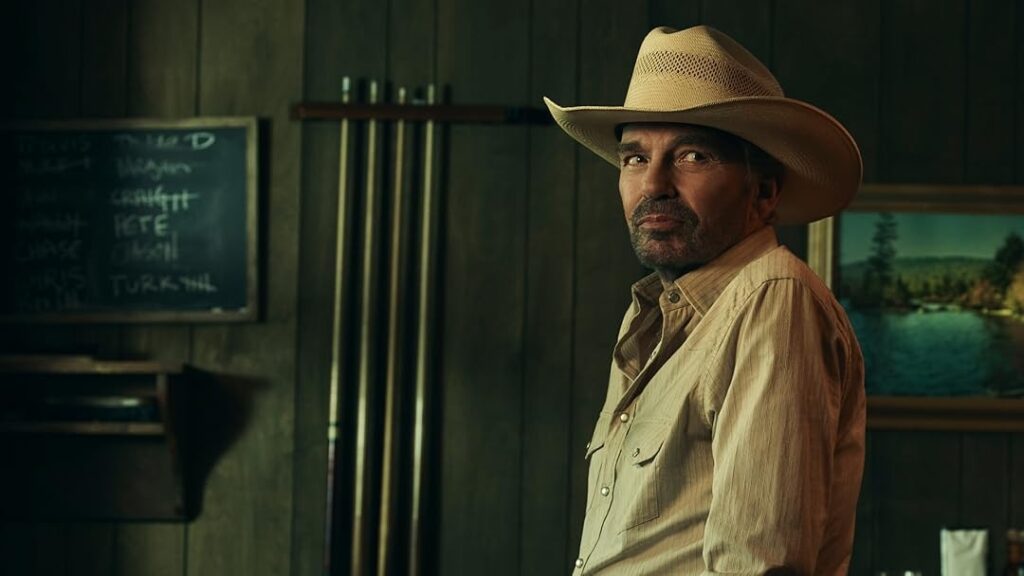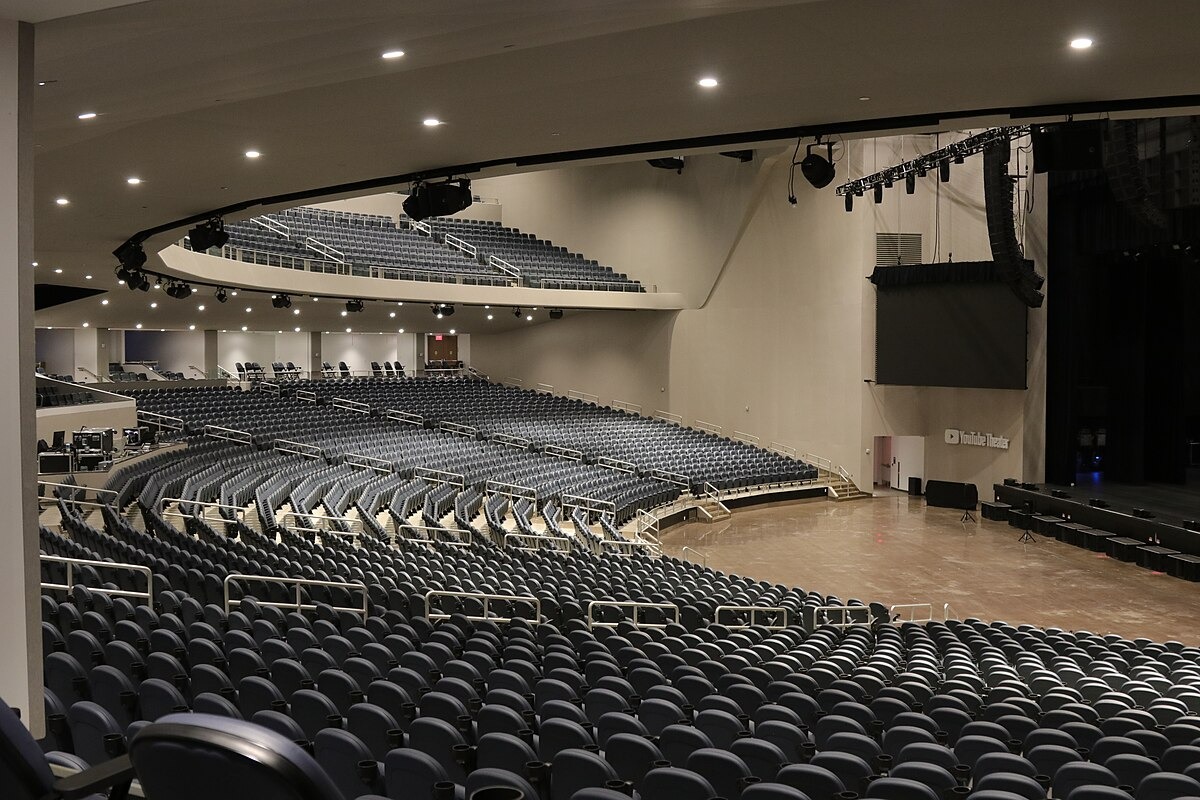Between the expanding Game of Thrones universe (House of the Dragon) and the Batman spin-off series (The Penguin), the rise of TV adaptations complementing major cinematic franchises is undeniable. Following this trend, the success of Denis Villeneuve’s Dune films has led to a much-anticipated prequel series: Dune: Prophecy. Unlike the films that focus on Paul Atreides and the events on Arrakis, this series takes us 10,000 years into the past, spotlighting the Bene Gesserit Sisterhood and their rise to power within the Imperium.
With a stellar cast including Emily Watson, Olivia Williams, Mark Strong, Travis Fimmel, and Tabu, Dune: Prophecy delves into the foundations of the Truthsayers and their growing influence over the Great Houses. Based on Brian Herbert and Kevin J. Anderson’s Sisterhood of Dune, the series promises to offer intricate world-building and backstory for die-hard fans and newcomers alike.
The Bene Gesserit: Origins and Intrigue
The series revolves around the Harkonnen sisters, Valya (Emily Watson) and Tula (Olivia Williams), who are prominent figures in the Bene Gesserit, an all-female secretive order trained in physical and mental disciplines to influence the Imperium’s political landscape. From the very first episode, the show establishes the immense power and influence of the Sisterhood, particularly through Valya’s journey.
The story begins with a prophecy from a dying Reverend Mother, who urges a young Valya (played by Jessica Barden in flashbacks) to seize power by any means necessary. This sets the tone for Valya’s morally ambiguous quest for dominance, which she narrates with haunting self-awareness: “I knew then, the name Valya Harkonnen would forever be damned to the wrong side of history.”
As the episode progresses, viewers are introduced to the training acolytes of the Sisterhood, including Sister Lila (Chloe Lea), Sister Emeline (Aoife Hinds), and Sister Jen (Faolieann Cunningham). Their lives intersect with royalty as Emperor Javicco Corrino (Mark Strong) sends his daughter, Princess Ynez (Sarah-Sofie Boussnina), to train with the Bene Gesserit.
Political Schemes and Power Plays
Dune: Prophecy doesn’t just stay confined to the Bene Gesserit’s cloisters; it explores the wider political dynamics of the Imperium. The royal family’s involvement adds a layer of intrigue, with Princess Ynez preparing for an arranged marriage while secretly rebelling against her constraints. Her brother, Constantine Corrino (Josh Heuston), also plays a key role, with a subplot involving his escapades and indulgences.
Travis Fimmel’s character, Desmond Hart, brings another layer of tension. As a soldier and the sole survivor of a sandworm attack during spice harvesting on Arrakis, Desmond has a vendetta against the Sisterhood. His arrival at the royal palace suggests that the Bene Gesserit’s rise to power will not go unchallenged.
The Bene Gesserit’s Influence
The episode showcases how the Bene Gesserit manipulate political negotiations through their unmatched mental and physical discipline. One particularly striking scene involves two Sisters covertly influencing a high-stakes negotiation between Dukes. While the Dukes debate openly, the Sisters engage in a telepathic conversation, steering the outcome without anyone realizing their true involvement. Moments like these underscore the Sisterhood’s ability to shape the Imperium from behind the scenes, further solidifying their enigmatic presence.
Visuals and World-Building
The production quality of Dune: Prophecy is impressive, staying true to the cinematic grandeur of Villeneuve’s films. While the desert dunes of Arrakis are largely absent, the show offers an array of dark, atmospheric settings — from the minimalistic living quarters of the Bene Gesserit to the opulent halls of the Corrino palace.
One standout visual moment is the lavish wedding ceremony at the palace, which offers a temporary respite from the otherwise bleak environment. Another memorable scene features Princess Ynez and her brother sneaking away for a wild night out, indulging in their planet’s version of recreational drugs. These moments add depth to the characters and provide a contrast to the show’s overarching seriousness.
A Standalone Saga with Room to Grow
Although Dune: Prophecy begins with a slow pace, it effectively lays the groundwork for a sprawling political drama. The series promises to be a standalone saga, focusing on the Bene Gesserit’s rise and their pivotal role in shaping the Imperium.
While the premiere doesn’t feature Indian actress Tabu, her highly anticipated role is expected to add another layer of intrigue in future episodes. The show’s success will depend on its ability to balance intricate world-building with compelling character arcs.
Comparisons to House of the Dragon
Like House of the Dragon, Dune: Prophecy delves into family dynamics, power struggles, and the politics of succession. Both series emphasize the interplay between influential families and their quest for dominance. However, Dune: Prophecy stands out for its focus on the Bene Gesserit, an all-female order whose methods and ideologies set them apart from the traditional power players in the Imperium.
Challenges and Strengths
One of the challenges for Dune: Prophecy is its reliance on dense exposition to introduce new viewers to the world of Dune. For fans of the films, the occasional references to Arrakis and the Atreides family provide a sense of continuity. However, the series will need to maintain momentum and avoid getting bogged down by excessive world-building.
On the positive side, the show’s exploration of the Bene Gesserit offers a fresh perspective on the Dune universe. By focusing on the Sisterhood’s origins, the series highlights the complexity of their power and their influence over the Imperium’s political and social structures.
Final Thoughts
With its rich lore, compelling characters, and high production values, Dune: Prophecy is a promising addition to the Dune franchise. While the premiere takes its time to set the stage, it succeeds in immersing viewers in the intricate world of the Bene Gesserit.
For fans of Dune and political dramas, this prequel series offers a deep dive into the foundations of the universe, setting the stage for a captivating exploration of power, ambition, and morality. With a few more episodes, Dune: Prophecy could solidify its place as a worthy companion to Villeneuve’s films.





















